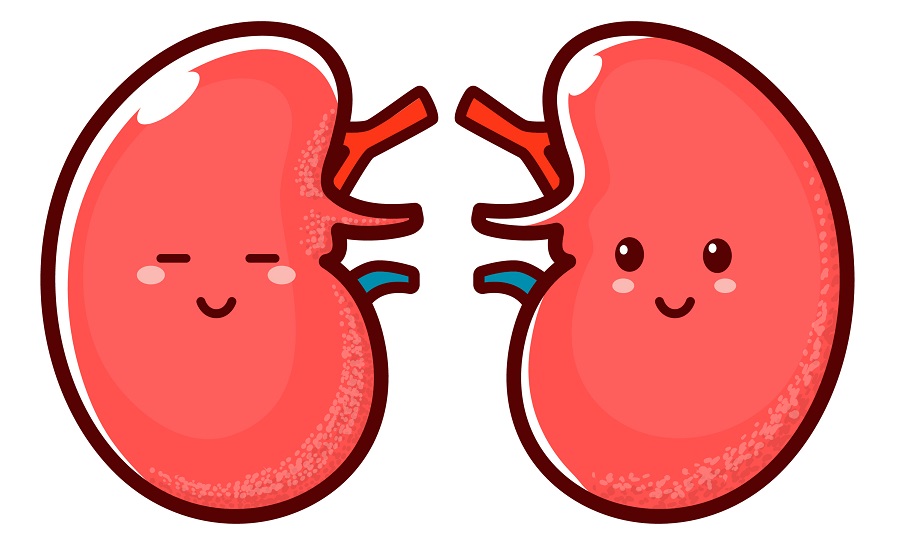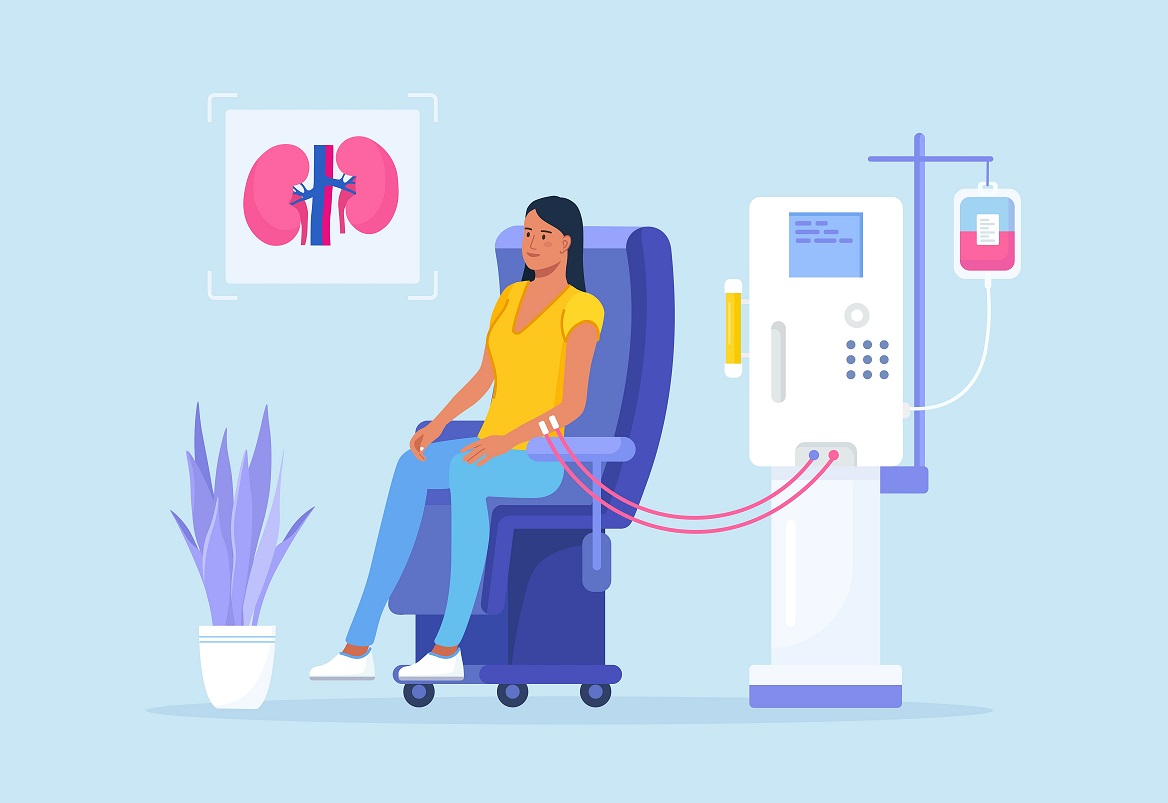Why register?
Find out why it's really important that you do.
Kidneys are essential for cleansing our blood. Choosing to donate a kidney could transform, or even save a life.
Kidney donation is usually something that happens after you die, but because it is possible to live a normal, healthy life with only one kidney you can also donate while you are alive.

Kidneys cleanse the blood of naturally occurring poisons known as toxins, and balance the amount of fluid and minerals in your body.
When they are not working properly and can no longer do these jobs, a person is said to be in kidney failure.
People with kidney failure rely on a dialysis machine to do the jobs their kidneys can no longer do.
Dialysis is not a cure for kidney disease however, and some people may need to be attached to a dialysis machine for many hours a day until a suitable transplant can be found.

If you choose to become a kidney donor when you die, you could be offering a better quality of life to someone who relies on dialysis to do the jobs their kidneys can no longer do.
You could even save a life, as the average life expectancy for someone on dialysis is only five to ten years.
Anyone can register a decision to become a kidney donor after death, there is no age limit.
There are also very few health conditions where organ donation is ruled out completely.
If you would like to help others after you die by becoming a kidney donor, the best thing to do is to add your name and decision to the NHS Organ Donor Register.
Act now to save lives in the future.

It takes just two minutes to register online.
Alternatively, you can call us on 0300 123 23 23.
Find out why it's really important that you do.
Organ donation will only go ahead with the support of your family, and clinicians will never proceed with organ donation if your family or loved ones object.
Get tips on how to talk to your loved ones about organ donation